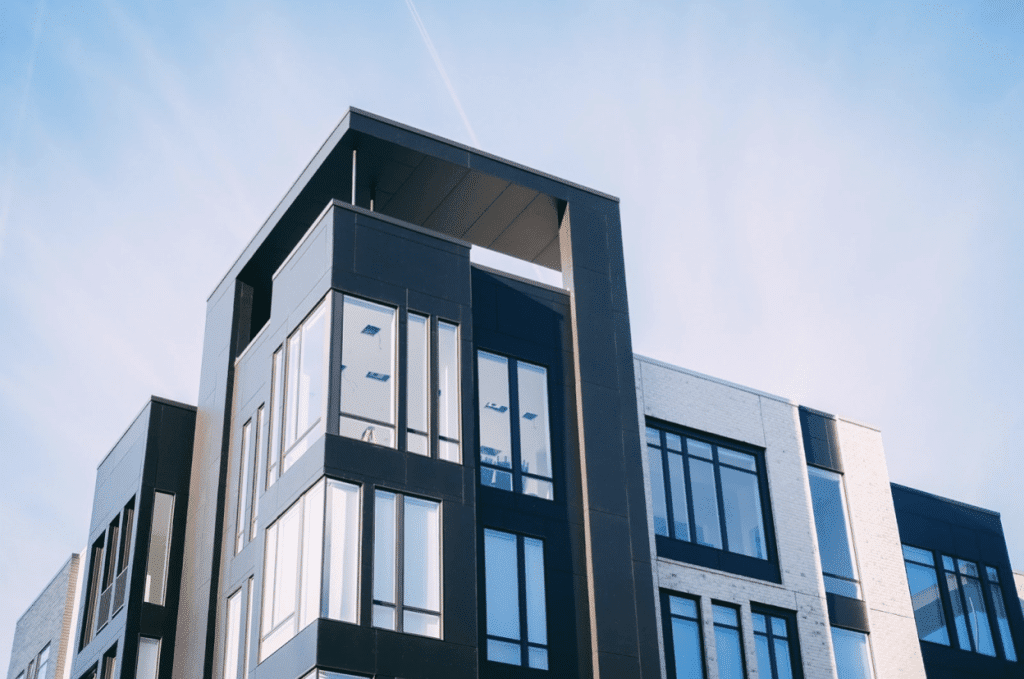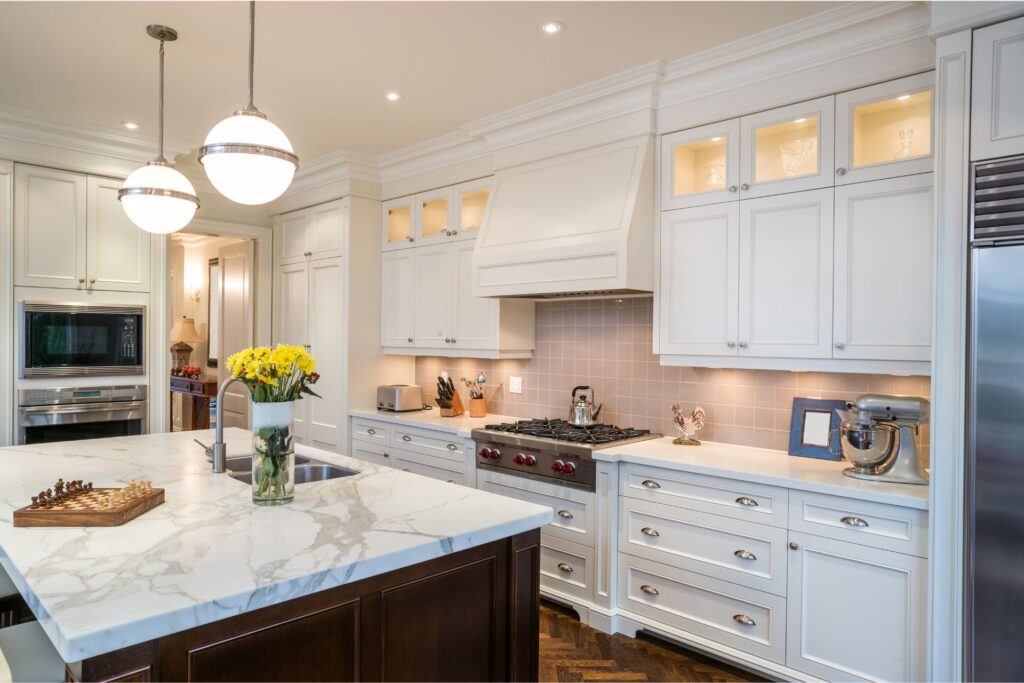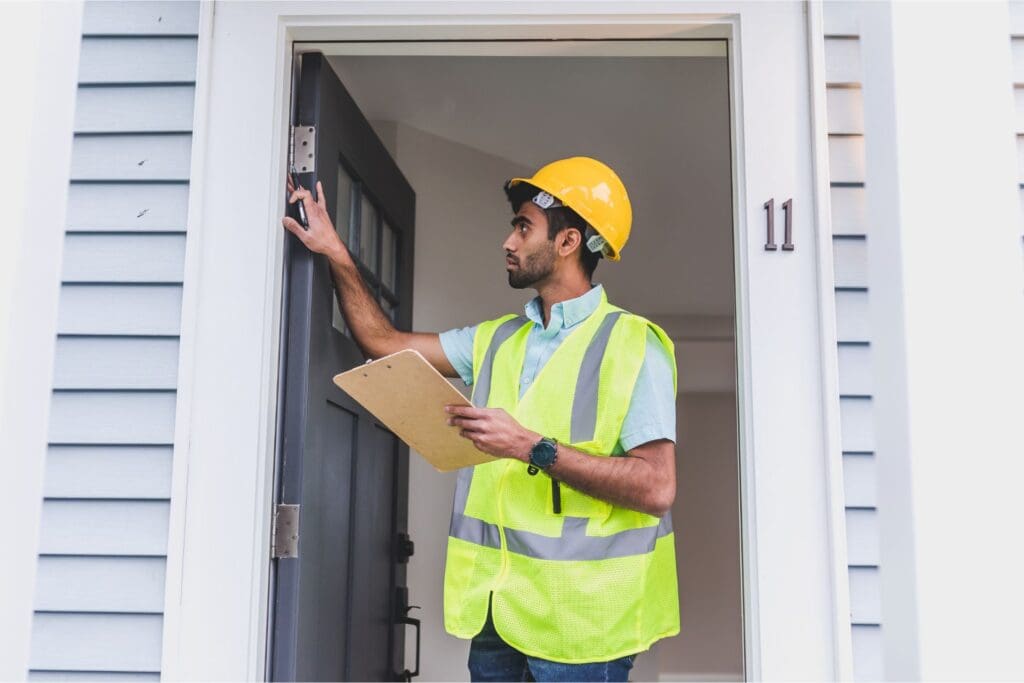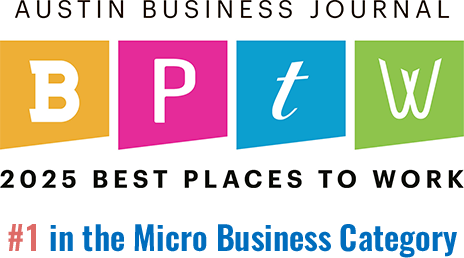Renting out or leasing a home is a big decision. Whichever you pick can affect how long your tenants live somewhere, their intentions with that property, and how much work you’ll have to do for the property. These are the most important differences between leasing and renting. If you’re not sure which is perfect for your property, this list will help you realize your best option.
1. Length of the Contract
This is the largest difference between the two styles. Although they’re both styles of allowing someone to pay to live in a property, rental is shorter. The average length of a rental is thirty days or less, but the size of a leasing contract is longer, going on as far as the two want.
This is often where the confusion between the two comes from. Although people will pay their monthly rent and will be accountable to that contract every month, your agreement to live there for a year or two is a lease stating that you’ll continue to rent monthly.
Although someone can rent month to month for years on end, there’s never a guarantee that you’ll find someone like that. Having to refresh the property and find another renter constantly can be exhausting, while with long-term leases, you’ll only have to find one once a year at most.
2. Who Manages The Property

The property will often be managed and maintained by the manager with a single month or shorter rental. This mostly means that you’ll take care of lawn care, maintenance of the property, and any internal problems like plumbing or electricity.
With a long lease, you may still offer some of these perks, but unless you’re paid extra for it, if you’re renting out a house, most management companies won’t go over and mow every week, lawn maintenance would be up to your tenant.
3. Differences in Terms and Conditions
Although you have your tenants there for a guaranteed set of time with a long-term lease, that means that the amount they pay will stay the same through their entire lease. So if property taxes and value suddenly skyrocket, their prices can’t go up until it’s time to renew their agreement.
With monthly rentals, although you have the freedom to up the price whenever necessary, there is a higher rate of turnover. In addition, with monthly rentals, they may try to barter with you more often and try to get more or ask for more maintenance since every month is entering another agreement. Don’t let this sway your bottom line.
4. The Expectations You Have
Consider what parts of allowing someone to pay to live on your property matter most to you. For example, do you care more about the longevity of having the property filled? Or, instead, are you still unsure about the property and are interested in trying to rent it out short term so that you can see if you can manage it well?
The expectations for a lease and a rental are completely different. Even if you only have them set for a one-year lease, there’s an expectation that the property will be available to them in a year if they want to renew that lease. With a short-term rental, they’re on their toes, but so are you.
If they decide to leave, you often only have a 30-day window that you can use to fill that apartment with another tenant. It’s impossible to predict, even if you find a tenant you like.
5. Find What’s Perfect For You

Renting and leasing doesn’t have to be an entire property. For example, some convert multiple rooms in a house they own into different rooms to rent to have various sources of income. In contrast, others will build multiple buildings on one piece of property so they don’t have to travel to try and get to another renter.
Although there are plenty of strict laws about a rental and what’s a purchased piece of property, it’s okay to try new things as long as they fall within those laws. Ensure that the people you’re renting or leasing to are respectable and are sure to be able to pay on time and often, and then move forward from there.
What Matters the Most
The property is a source of income, and it’s akin to being a business owner. As the manager and owner of this property, it’s valuable that you keep in mind that what you do has to profit.
According to Chuck Waltman, a Houston Home Remodeler, the best way to ensure that you can charge more is to treat your tenants well and maintain the property well (from making sure all amenities work down to quick and easy repairs and renovations). This will definitely make them want to keep renting and allow them to keep renting or leasing from you.
People move eleven times on average in their lives; if you want to ensure that someone stays long enough that you can make a good amount of profit, it’s a good idea to ensure you make your property a place they’d be excited to live.
Partner with Professionals
Not sure which direction is best for your rental property? Work with the professionals that do this kind of work day and night. Utilizing professional property management allows investors to spend less time stressing about all the details that come with being a landlord and more time focusing on their long-term financial goals.
Contact us today to see how we can help you set up your real estate investment strategy. We look forward to partnering with you!
Email: BDM@1836pm.com
Call: 512-994-4323
By: Kayla Gonzales, 1836PM Marketing Manager








